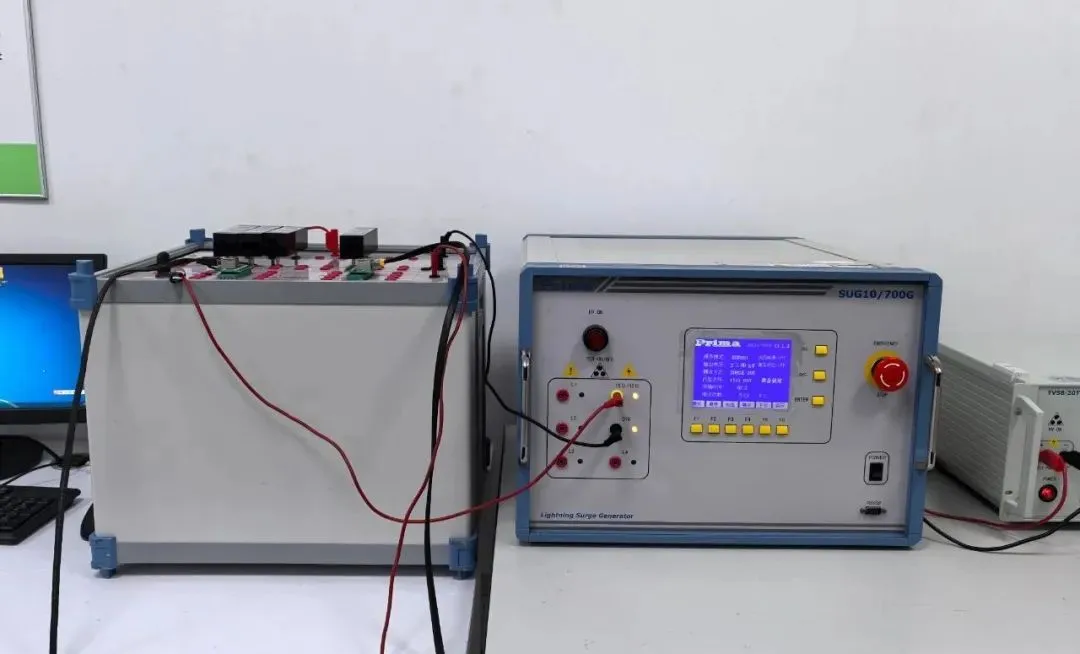
How to Get a Thailand NBTC Certification?
The Thailand NBTC, short for "National Broadcasting and Telecommunications Commission," functions as a government regULatory authority with administrative powers, similar to China's Ministry of Industry and Information Technology (MIIT). It is responsible for supervising telecom products and networks. Since July 1, 2008, the mandatory regulations originally targeting mobile communication products have expanded to include wireless-related products. Typically, wireless products such as mobile phones exported to Thailand must receive nbtc certification before they can be sold in the local market.
Classification of NBTC Certified Products
Telecommunication equipment sold in Thailand is regulated by the NTC and classified into three groups:
- Class A: Registration
- Class B: Approval Certification
- sdoc: Supplier’s Declaration of Conformity
- Class A Approval: Products must be tested at an NTC-designated laboratory, followed by submitting requiRED data to Get a registration number and certification.
- Class B Approval: The certification procedure is similar to Class A, but foreign reports like FCC, CE, and CB can be used for certification applications. A registration number and certificate are also necessary.
- Sdoc compliance Declaration: This is a voluntary model where the client’s local Thai representative completes the SDoC form, submitting it with technical documents for record-keeping by the NTC.
Products Covered by NBTC Certification
NBTC certification applies to the following products: RF/Telecom, mobile phones, terminal equipment, or any devices related to telecommunications.
NBTC Certification Labeling Requirements
NBTC does not specify labeling requirements. However, the new product certification label draft introduces NBTC e-labeling. NBTC labels will be available for purchase directly from NBTC at a cost of one baht per label; self-printing is not allowed.
thailand nbtc certification Application Process
1. Submit product specifications and user manual.
2. Client completes the testing application form and provides product information.
3. Confirm testing standards and arrange preliminary testing.
4. Client adjusts product if necessary and arranges further testing.
5. After testing, prepare a draft report.
6. Client confirms the report details, and the final stamped report is issued.
7. Key step: Use CE report + Thailand deviation for NBTC certification.
Documentation Required for NBTC Certification
1. Sample unit(s) (1-2 pieces).
2. Product and user manuals.
3. Adapter safety reports (LVD report) EN60065, en60950, or EN62368.
4. List of critical components; certificates for critical components (UL/etl certification); provide component model, manufacturer, and UL/ETL certificate number.
5. Product label and packaging images.
6. Usage environment temperature tc°C, maximum allowable temperature ta°C.
Important Notes for NBTC Certification Directives
1. Standard voltage is 220V 50Hz/60Hz; if it is a plug adapter, it must comply with IEC60065, IEC60950, or the new standard IEC62368. The plug adapter should be a 220V-240V 50Hz/60Hz European plug; if it is a desk lamp, the rated voltage must be 220V.
2. Label requirements: English language only, including product name, model, manufacturer, technical specifications (acceptable voltage ranges: 220V-240V, 230V, 240V, 230V-240V), symbol, and country of origin (e.g., "Made in China").
3. Outer packaging requirements: Along with labeling, it should include energy efficiency grade, RoHS Compliance, quantity, and dimensions.
Email:hello@jjrlab.com
Write your message here and send it to us
 What is the EN 61326-2-3 Standard?
What is the EN 61326-2-3 Standard?
 Why Do Smart Sockets Need IEC 60884 Certification?
Why Do Smart Sockets Need IEC 60884 Certification?
 Why Retest the Device if the 5G Module Already Has
Why Retest the Device if the 5G Module Already Has
 Overview of IEC 62087 Test Standard
Overview of IEC 62087 Test Standard
 CISPR 25 Test Standard Compliance Guide
CISPR 25 Test Standard Compliance Guide
 IEC/UL/CSA 62368-1 Electrical Distance Testing
IEC/UL/CSA 62368-1 Electrical Distance Testing
 Canada Wireless Device IC Certification RSS-210 Te
Canada Wireless Device IC Certification RSS-210 Te
 FCC Part 15.231 for Wireless Remote Controls and S
FCC Part 15.231 for Wireless Remote Controls and S
Leave us a message
24-hour online customer service at any time to respond, so that you worry!




